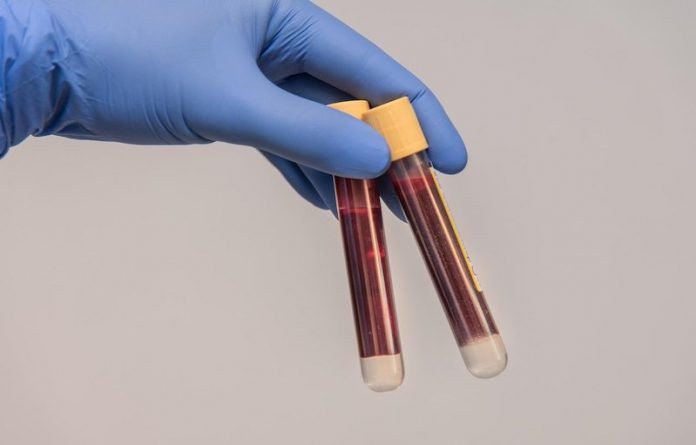
In a study from the University of Eastern Finland, scientists found that blood-based measurement of glial fibrillary acidic protein (GFAP) enables distinguishing patients with frontotemporal dementia from those with primary psychiatric disorders or healthy people.
They found the levels of GFAP were significantly higher in the blood of the frontotemporal dementia patients as compared to psychiatric patients or healthy individuals.
Moreover, elevated blood levels of GFAP predicted enhanced brain atrophy and faster disease progression in frontotemporal dementia patients in the follow-up.
Frontotemporal dementia is the second most common cause of dementia in the working-age population.
Its diagnostics are complicated by the similar symptoms presented by patients with psychiatric disorders or other neurodegenerative diseases as well as the lack of reliable diagnostic tools for differentiating these patients from each other.
GFAP originates from the glial cells in the central nervous system, and its increased levels reflect brain atrophy and neuroinflammation.
Brain-derived biomarkers are currently mainly measured from the cerebrospinal fluid (CSF) of the patients.
In the new study, the team showed that an ultrasensitive single molecule array (SIMOA) is a method, which allows reliable detection of GFAP also from blood samples.
This is much more practical and convenient for the patients and the health care system because it reduces the need for CSF sampling and allows wider use of biomarker measurements in clinical work.
The study also showed that while GFAP shows good diagnostic performance on its own, its diagnostic accuracy is further increased when combined with blood-based measurements of the neurofilament light protein from the same patients.
The now published results are expected to provide new tools for improved frontotemporal dementia diagnostics.
In the future, it may be possible to distinguish patients with a neurodegenerative disease from patients with other brain diseases even at the onset of the first symptoms.
On the other hand, improved diagnostics will also allow better prediction of the disease progression or even assessment of the therapeutic efficacy of future treatments.
This enables intervention and support for the patients and their families at the earliest time possible.
If you care about dementia, please read studies about heartburn drugs that could increase the risk of dementia, and this supplement could keep dementia at bay.
For more information about brain health, please see recent studies about how high blood pressure could increase your dementia risk, and results showing this MIND diet may protect your cognitive function, and prevent dementia.
The study was conducted by Kasper Katisko et al and published in the Journal of Neurology, Neurosurgery & Psychiatry.
Copyright © 2022 Knowridge Science Report. All rights reserved.



